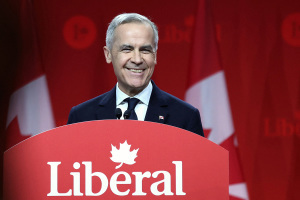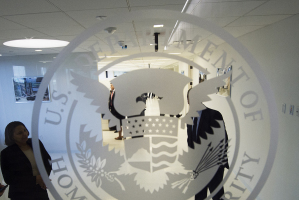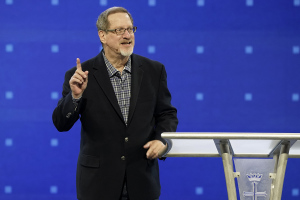Vermont to pay tuition costs for religious private school students as part of legal settlement

Vermont has agreed to pay legal fees and tuition costs of multiple families who plan to use the funds to send their children to religious schools after initially prohibiting public tuition funding from going to students who attend religious schools.
The Green Mountain State has faced two lawsuits filed by several families and the Roman Catholic Diocese of Burlington over how the state's tuition assistance program prohibited parents from using the funds to pay enrollment costs for attending religious schools.
The Vermont Agency of Education and multiple school districts agreed to the legal settlement on Wednesday, with two lawsuits being dismissed in return.
The Alliance Defending Freedom, a prominent national legal nonprofit representing the plaintiffs, released a statement Thursday celebrating the settlement. The legal group, which has won several religious freedom cases before the U.S. Supreme Court, believes the settlement is a constitutional victory.
"All parents should be able to send their kids to schools that are the best fit for them, and the First Amendment protects parents' right to choose religious schools," said ADF Legal Counsel Paul Schmitt.
"We are thankful the local school districts decided to do the right thing and give families the benefits they were entitled to. … Many of these families made great sacrifices to provide their kids with a faith-based education and we hope even delayed benefits can provide some financial help."
Vermont's Town Tuition Program provides tuition assistance to students living in towns without public schools. Through the program, those towns pay tuition to other schools on behalf of their students rather than paying to maintain their own public high schools. Although students had the option to choose private schools to attend, the towns would not allow the benefit to go to students attending religious schools, citing Vermont's "adequate safeguards" requirement.
The settlement follows the U.S. Supreme Court's June decision in the case of David Carson et al. v. A. Pender Makin. The nation's high court ruled 6-3 that Maine could not prohibit parents from using a state tuition program to send their children to private religious schools.
Chief Justice John Roberts authored the majority opinion, stating, "we have repeatedly held that a State violates the Free Exercise Clause when it excludes religious observers from otherwise available public benefits."
"As noted, a neutral benefit program in which public funds flow to religious organizations through the independent choices of private benefit recipients does not offend the Establishment Clause," wrote Roberts.
"Maine's 'nonsectarian' requirement for its otherwise generally available tuition assistance payments violates the Free Exercise Clause of the First Amendment. Regardless of how the benefit and restriction are described, the program operates to identify and exclude otherwise eligible schools on the basis of their religious exercise."
In June 2021, the 2nd U.S. Circuit Court of Appeals ruled in favor of four families and the Diocese of Burlington by issuing an injunction requiring the state to include students who attend religious s schools in its Town Tuition Program.
On Sept. 13, Vermont Education Secretary Daniel French sent a letter to school superintendents explaining that, as a result of the Supreme Court decision, they could no longer deny tuition requests for accredited religious schools.
"School districts may not deny tuition payments to religious approved independent schools or religious independent schools that meet educational quality standards based on the Vermont Constitution's Compelled Support Clause, Vermont Constitution Chapter I, Article 3," wrote French.
"Requests for tuition payments for resident students to approved independent religious schools or religious independent schools that meet educational quality standards must be treated the same as requests for tuition payments to secular approved independent schools or secular independent schools that meet educational quality standards."





























